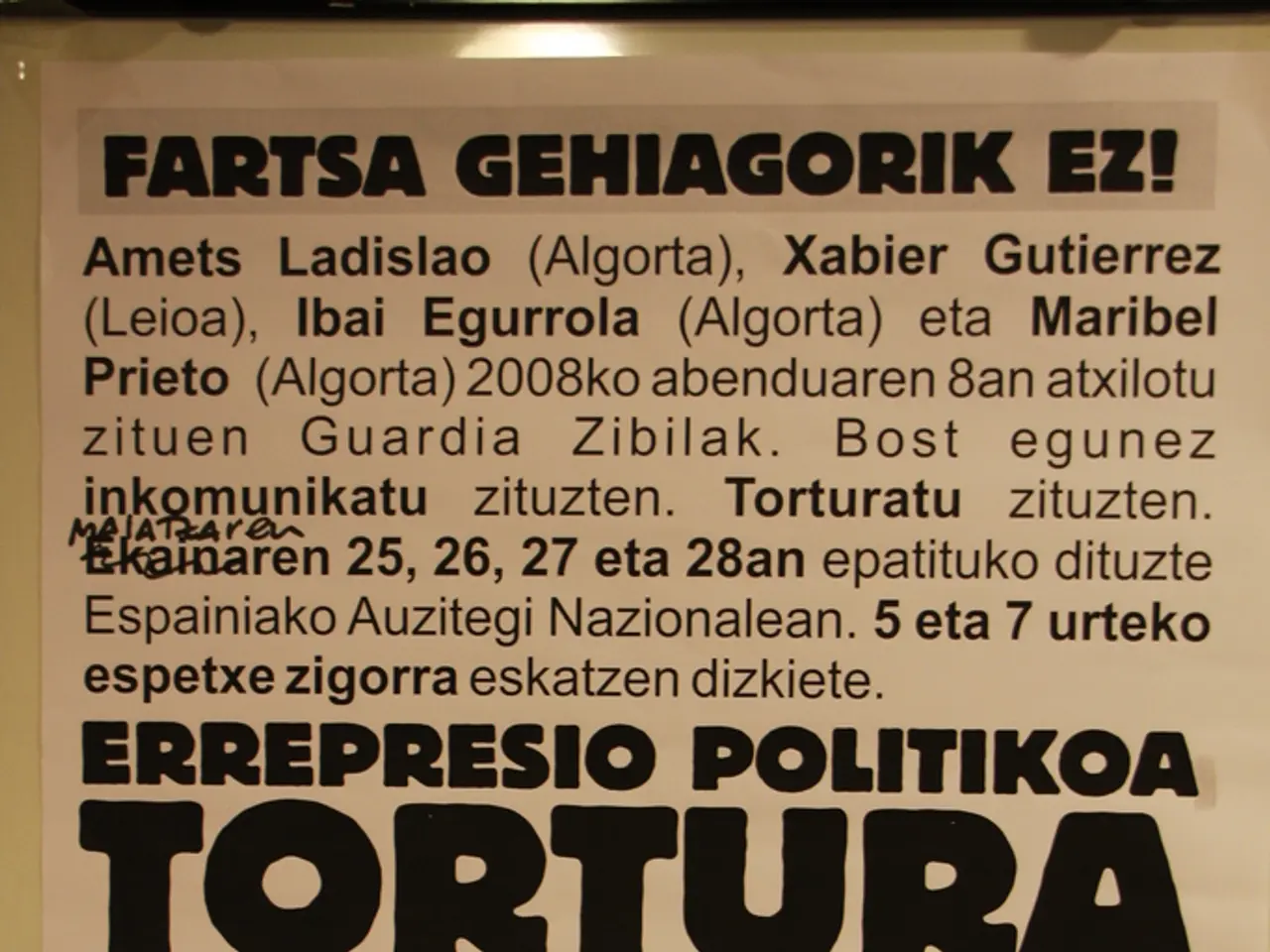Skyrocketing cost of dying in Spain reflected in daily price increase
In Spain, the cost of funerals has been on the rise, with standard funeral services currently costing between €3,500 and €5,500, and exceeding €6,000 if personalized services are included. These costs vary significantly by city and services, ranging from about €1,500 to €5,000 in different locations across Spain.
The reasons for these increasing costs include limited legal options for handling the deceased, increasing demand for personalized funeral services, general inflation, and industry evolution leading funeral homes to raise prices to cover higher operational costs.
The rising funeral costs in Spain outpace wage growth, making funerals less affordable for many families relative to income. Wages in Spain have been growing slowly in recent years, often below or close to inflation rates. This trend mirrors patterns seen in other countries, where funeral costs tend to rise faster than average wages or inflation due to expenses like burial plots, caskets, and professional services.
The belief in the necessity of floral arrangements, catering, and other amenities contributes to the financial challenges faced by families during the funeral process in Spain. The practice of cremation, however, is becoming an increasingly popular choice due to its cost-effectiveness compared to traditional burials, with 45% of deaths in 2024 ending in cremation, a figure that has been steadily increasing.
María, a 45-year-old woman, stated that families often lack the energy to haggle or search for the best offers during the funeral process. El País reported that prices in the funeral sector are not always transparent, and funeral homes may exploit grieving families.
The funeral sector in Spain has a market capitalization of approximately 1.5 billion euros per year, based on 400,000 services. Over 400,000 people die each year in Spain, and 46% of the population have funeral insurance. Many families in rural areas, where competition is lower and fixed costs are distributed among fewer services, may find funeral costs to be significantly lower than in large cities like Madrid or Barcelona.
In summary, the cost of funerals in Spain is rising primarily due to limited body disposition options, growing demand for personalized services, and inflationary pressures in the funeral industry. These cost increases are outpacing wage growth, thereby reducing affordability for many families. Transparency and competition in the industry could help alleviate some of the financial burden on grieving families.
- The importance of science, particularly in the understanding and development of health-and-wellness practices, can contribute to reducing healthcare costs and making services more affordable, as seen in the rising trend of cremation in Spain.
- In the quest for affordability, many individuals and businesses are turning to financial management strategies, including budgeting and investment, to ensure financial security and stability, reflecting the impact of rising funeral costs on the overall state of personal finance.




